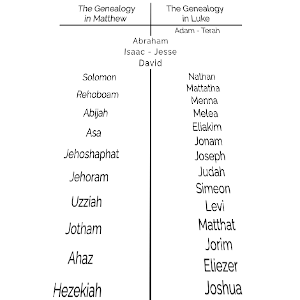You seem to be completely incapable of thinking outside a very small and restrictive box of extremely local cultural expectations, that you have convinced yourself are immutable laws of nature.
I feel very sorry for you.
I did point out that polyandry in Tibet isn't as
bad as it could have been - "Two, three, four, or more brothers jointly take a wife" - that means that the children would have the same grandparents on the man's side of the family. (unless the grandfather also involved polyandry but then the shared grandfather just goes up another level).


